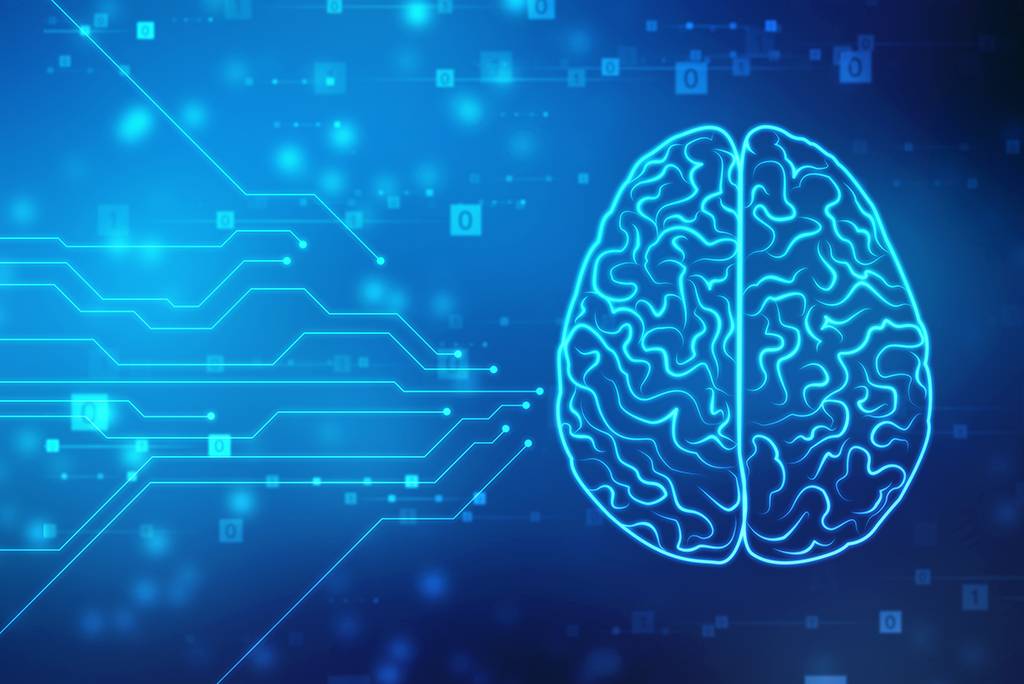Introduction
AI has emerged as a tool with various benefits in healthcare, such as automation, diagnostics assistance and personalized medicine. However, there are significant challenges related to patient safety and privacy concerns that need to be addressed. This article examines the advantages and shortcomings of AI decision-making in healthcare.
Benefits of AI in healthcare are vast and varied.
Firstly, AI algorithms can significantly improve the accuracy of diagnoses by analyzing large volumes of medical data faster and better than humans. This means earlier diagnosis, saving lives and enhancing treatment outcomes. For instance, IBM Watson Health is used to detect cancer faster in radiology by analyzing mammograms and chest X-rays better than unaided professionals.
Secondly, by automating routine administrative tasks such as appointment scheduling and documentation management, AI frees up healthcare workers' time to focus on critical clinical responsibilities, improving overall care quality for patients. This improves operational efficiency, minimizes wait times, and reduces the cost of manual labor.
Thirdly, personalized medicine is enabled by analyzing vast genetic datasets and identifying patterns, allowing AI algorithms to tailor treatments to specific individuals. Targeted therapies optimize drug delivery and minimize adverse effects, leading to improved patient experiences and outcomes.
Lastly, AI reduces the risk of medication mistakes by automating certain procedures such as drug dosage calculations, ultimately enhancing patient safety.
There are several challenges related to the use of AI In Healthcare
One issue is data privacy concerns, including confidentiality, breach prevention, and consent acquisition. Biases in AI models are another challenge, which can lead to unfair healthcare decisions and perpetuate existing health disparities. Lack of regulation and oversight for AI systems also poses a risk to patient safety.
Finally, over-reliance on technology could reduce the role of human expertise in healthcare. To maximize the benefits of AI while ensuring safety and improving outcomes, these challenges must be addressed.



No comments yet
Be the first to share your thoughts!